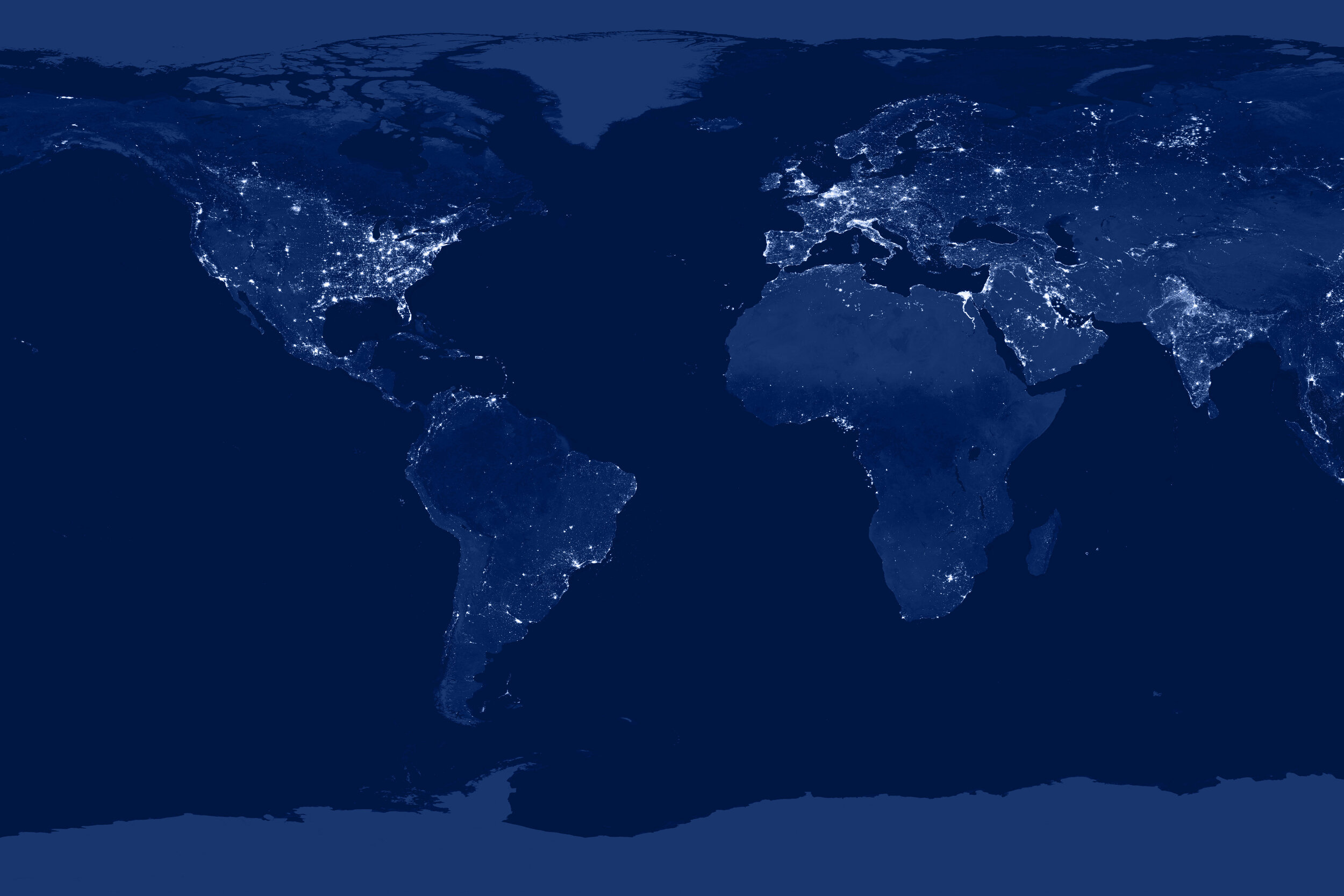
Map the System Canada 2022
Map the System 2022 was held virtually for the third year in a row! This year, 4 teams will travel to Oxford and represent Canada at the Global Final.

Canadian Final
On May 13th, 6 teams competed in the the 2022 Canadian Virtual Final for an opportunity to advance to the in-person Global competition in Oxford.
Top 6 Canadian Finalists
Unmasking the Quiet Crisis of Nurse Burnout in the Canadian Healthcare System
“To me, burnout is caused by being overstretched emotionally, mentally, spiritually and physically in the workplace. There were many days where a child had passed away or suffered a tragedy and you come home and just can’t forget how horrible it was, how emotional the family members were, how your best couldn’t save someone. So you can’t sleep, or you wake up imagining the beeping of machines and monitors. And then you have to go to work the next day and do it all over again.”
Pediatric Vaccine Hesitancy in British Columbia
The University of British Columbia team examined pediatric COVID-19 vaccine uptake in British Columbia. They conducted primary research through surveys and interviews with community members and researchers, as well as a thorough literature review. The team found that trust is paramount to addressing vaccine hesitancy and that vaccine advocates should re-evaluate certain mental models, which have exacerbated the issue.
Global Finalist
The Sand Crisis: The Mining of Riverine and Floodplain Sand within India
The excessive mining of sand within India has led to the changing of river courses, threatened food and water supply of nearby communities, the spread of diseases, corruption and violence. We found that solutions within India are poorly conceived and global solutions currently do not address the most impacted countries well. Improved awareness, communication and research are important leverage points within this system.
Healthcare Access of Sex Workers in Canada
The healthcare system in Canada, despite being “universal”, allows groups of people to “fall through the cracks”. When compared to the general Canadian population, sex workers face unequal access to healthcare, resulting in worse health outcomes. This is due to social barriers, such as stigma. There is a critical need for change to occur in the Canadian healthcare system and systemically throughout Canadian society in order for sex workers to receive adequate care. Research on this issue took place via a review of literature available, an in-depth dive into the systems that affect the issue, and through connecting with people involved in the issue.
Global Finalist
Let’s Talk About Mental Health… Really?
The Sherbrooke team’s research aims to understand why people living with mental health issues are still marginalized by the system even though they seem to be encouraged to talk about their suffering. The team based their research on our personal experience as caregiver, mental health professional and on our own issues, as listening experiences and feelings were at the centre of our findings. We supported our work with scientific articles and interviews of students that did not know the thematic before the interview, and mental health professionals. We discovered that marginalization was maintained for the good of the economic system and that the different actors involved are self-sustained. As caregivers and people living with mental health issues we think that our work highlights where the system needs to work on itself to be more inclusive and benevolent.
Global Finalist
Inside the System, Outside the Law: The Informal Food Economy in Nairobi, Kenya
As the Capital of Kenya and the regional hub of East Africa, Nairobi’s dynamic and rapidly evolving food system determines the food security experiences of 4.4 million residents in the city limits and 9.4 million in the greater metropolitan area. Within this food system, both informal and formal economies co-exist. However, the current governance landscape encourages processes of formalization while systemically marginalizing the informal food economy and those who depend on it for their livelihoods. Our research investigates the complex relationship between Nairobi’s food system and the governance environment that firmly entrenches the marginalization of the informal food economy and those who depend upon it for their livelihoods and food security.












